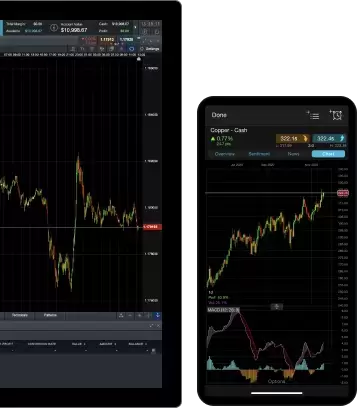BP (British Petroleum) is a multinational oil and gas company headquartered in London. It’s known as one of the world’s oil supermajors. Founded in 1909, the company made a breakthrough as one of the first to extract oil from the North Sea.
In 1954, it became a founding member of Iranian Oil Participants (IOP), in which it held a 40% share with the intention of bringing Iranian oil back to the international market. By the early 2000s, the company had become one of the world’s largest oil companies through successful mergers, and acquisitions of companies such as Amoco, Atlantic Richfield and Burmah Castrol.
Overview of the company’s history
The 1973 oil crisis forced BP to diversify beyond Middle Eastern oil supplies, as it lost most of its direct access to crude oil; however, the company continued to operate in Iran until the Islamic revolution of 1979, when its assets were nationalised without compensation, resulting in a 40% loss of crude oil supplies.
In 1979, the British government sold 80 million shares of BP stock, with Margaret Thatcher authorising an additional £7.5bn to be sold, heavily reducing the government’s ownership of the company.
In 1981, the company entered the solar technology sector when it acquired 50% of Lucas Energy Systems, which would later be rebranded as BP Solar. After closing its solar division, BP once again ventured back to the renewable energy sector in 2017 by purchasing a 43% stake in solar energy developer Lightsource Renewable Energy, worth $200m. Since then, it has further expanded in this area by acquiring Chargemaster (operator of POLAR), the UK’s largest electronic vehicle charging network.
What does BP do?
Alongside delivering natural gas and oil supplies to over 70 countries across the globe, the company is also heavily involved in exploration, energy sales and marketing.
BP owns several well-known brands that deliver a range of services, such as Castrol (manufacturer of industrial and automotive lubricants), Aral RG (fuelling stations in Germany and Luxembourg), ARCO (US convenience store), and its well-known Wild Bean Café coffee chain that is situated across many fuelling stations.
Company statistics
From 2011 to 2021, the company had an average of 10,435 million barrels of liquid reserves, according to Statista, with an average of 2,083 barrels produced each day. Each year, the company trades roughly 4 billion barrels of crude oil, which is equivalent to 20% of global traded volume.
In the UK, the company operates more than 1,200 service stations, serving 7 million customers each week. As of December 2021, BP employed almost 66,000 employees.
BP share price history
BP stock is listed on the London Stock Exchange and is a constituent of the FTSE 100 index. It’s seen as a blue-chip stock by investors due to its longevity and FTSE 100 status. The company’s stock price history has been somewhat turbulent since its IPO.
From 1988, the company managed to maintain its share price above 100p per share, with a high of 184.50p in September 1990. However, by September 1992, after several months of falling valuation, the stock went below 100p for the first time in four years. This may have been due to turmoil within the company, with BP’s chairman resigning under pressure, laying off 11,500 employees and slashing its dividend by 55%, according to the New York Times.
1999 brought a surge to the BP share price, following a merger the previous year with fuel station brand Amoco. The result was a 40% increase in stock value. This rise in valuation was not to last though, as after several falls in price over the next two years, the company suffered a 40% drop which it put down to a “slowing global economy and falling energy prices”. This took BP’s share price from its March 2002 high of 613p per share down to 369p by January 2003.
The Deepwater Horizon Oil Spill was the largest marine oil spill in history, occurring in 2010 with an estimated 210 million gallons of oil spilt in the Gulf of Mexico. The resulting damage caused a change of CEO from Tony Hayward to Bob Dudley, and required BP to sell of $38bn worth of non-core assets to compensate for its liabilities, according to the Independent. As a result, BP shares dropped to 304.60p within the space of two months.
The company remained relatively stable (albeit with several small peaks and troughs) until 2020, when negative sentiment over the company’s ambitions in relation to the future of the global oil market, combined with the effects of the global Covid-19 pandemic, took the share value to below 200p, a price not seen since 1994.
















